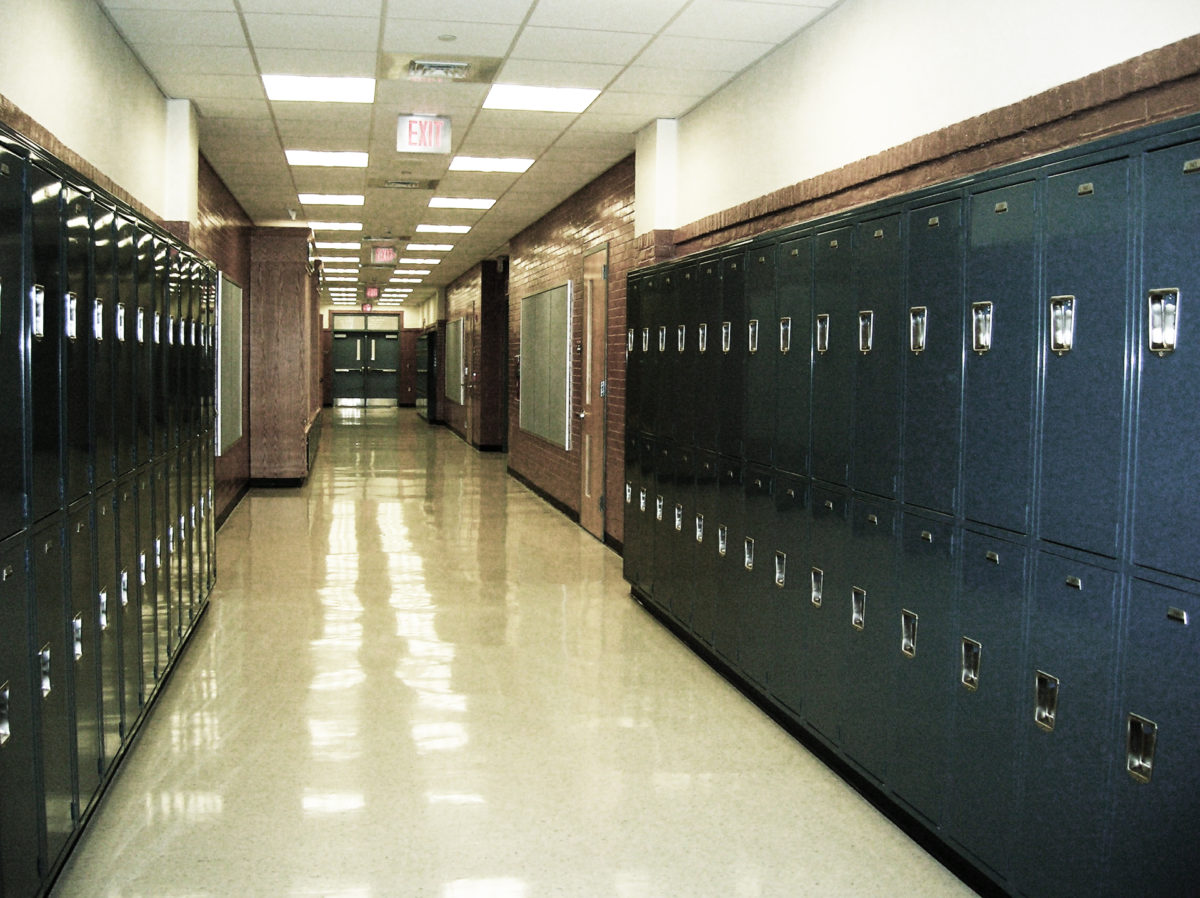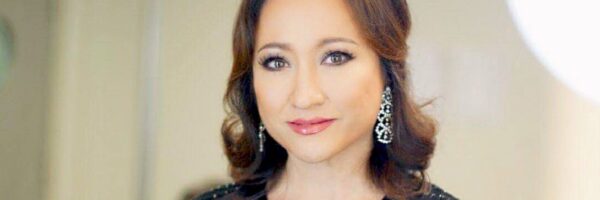
Pandemic crisis: The impact on Independent Schools in Britain
According to the Office for Budget Responsibility (the UK Government’s independent economic watchdog), education will be the sector hardest hit by the coronavirus crisis. Whilst all schools are under enormous pressure as a direct result of Covid-19, the lockdown presents a formidable challenge to the financial sustainability of the Independent Schools’ sector in the UK.
Before the advent of the pandemic, ever rising expenses in the sector were creating difficulties, which came to a head last year when the Teachers’ Pension Scheme imposed a 40% increase in employers’ contributions. The nationwide lockdown in March then brought about further problems, with pupils working from home and teaching staff switching to online teaching. This has resulted in schools facing a further financial squeeze from reduced fees from existing pupils, and a serious concern about pupil numbers for the start of the new academic year in September.
With the introduction of a home learning programme for the Summer Term (T3), the vast majority of Independent Schools have cut their fees, with c.10% the average reduction for day schools, and 30% for boarding. Loath to add to the financial strain on their fee paying families, the majority of whom are dual-income couples with their own financial pressures to consider, schools are also offering financial aid, extended credit, and many have also announced fee freezes for next September. Such measures have been well received by parents but they will in turn create an additional squeeze on cashflow at a time when there is already great anxiety over future pupil numbers for the new academic year. There is increasing speculation that some British families will switch to the state sector to save money as their income falls, and boarding pupils from outside the UK are also likely to drop, with travel restrictions already undermining overseas marketing efforts.
International Schools throughout the world are facing identical challenges. The Board at Denla British School led the way in Bangkok offering their parents a 30% discount for their children throughout the school. The discount, which stands amongst the highest offered in Thailand, has been warmly received by the school’s parent body who, as Dr. Temyos Pandejpong emphasises, did not sign up their children for a home learning programme – ‘we decided to go ahead with the discount because we felt strongly it was the right thing to do. Online learning is not exactly what the parents signed their children up for and we understand that most parents are currently facing economic hardship and uncertainty, so we wanted to offer help where we could.’
With the postponement of non-urgent maintenance and refurbishment work, along with the furloughing of some employees whose work is not required while a campus is largely empty, schools have explored all possible ways in which they can mitigate the financial risks of the crisis, but in reality margins are already very tight due to high fixed costs. Schools’ anxiety over the financial impact of the pandemic is matched by some parents’ frustrations concerning the provision of teaching remotely, discovering a discrepancy in what is being offered – a virtual duplication of the full day at one extreme and minimal contact or support at the other.

Independent Schools have been under pressure to justify their fees and keep parents onside, but the quality of the provision is often down to the schools’ prior grasp of technology. With no collective memory of best practice, no historical evidence of the most effective techniques and no bank of psychological research, for many schools and their teachers it has meant embarking ‘on a road without maps’.
For all teachers, the Easter holiday simply did not happen as they prepared to transform both radically and rapidly their teaching programme in order to deliver a timetable of lessons online, whilst at the same time running to all intents and purposes, a reasonable co-curricular programme including music, activities, fitness and strength, and conditioning classes. As the term has progressed, parents have become more and more concerned about their children’s mental health. Schools have responded by providing pastoral and wellbeing support for their pupils. In some cases, this has included tutoring across all year groups in both small groups, and for pupils in the Sixth Form, on a 1-1 basis. Regular House Meetings have taken place, and pupils have also been offered a number of mental health and wellbeing opportunities including remote access to their schools’ counsellors.
There is clear evidence that the lockdown and school closure have been effective in reducing the transmission of the virus between families. The big debate in the UK now is how to manage the reopening of schools. While the majority of private school pupils will not see any significant lasting harm from the crisis and their academic progress will continue, the same cannot be said for pupils from less advantaged and more vulnerable backgrounds whose progress will more than likely regress if they have not attended school for many months. A Norwegian study has shown that for every week that a child from a low socio-economic background misses school, there is a permanent loss to their future earnings. It has been known from studies of the summer holidays that the children of less wealthy families suffer more from their absence from school than their wealthier counterparts. The reading ability of the wealthiest children continues to improve over the summer holidays.
Literacy for the poorest falls and their numeracy declines even faster. Returning to school has therefore become a matter of social justice. The reopening of schools would also kick start the country’s economy by allowing parents to return to work. For schools, however, the management of their pupils is anything but straightforward with numerous key issues to overcome including the retaining of social distancing of pupils and their teachers, not to mention the parents and grandparents who twice a day drop off and collect their children. Gavin Williamson, the Education Secretary, has made it very clear that he does not want schools to reopen until it is ‘safe’ and there are many parents who are alarmed at the health risk if children return too soon. There is therefore a wide belief that schools will not open until scientific advice indicates it is the right time and that could well be at the end of the summer holidays in September.

As a result, the virus will continue to have an enormous impact on all schools in both the short and long term. Views have changed rapidly over the last few months. Pupils have reported some benefits of the lockdown, including the opportunity for independent learning and being able to work at their own pace. There have many examples of pupils’ selflessness throughout the crisis: pupils have been keen to play their part in the local community by raising considerable funds for the NHS, making face masks and visors for local hospitals and care homes, and looking out for their elderly neighbours, providing groceries, medicines, company-albeit from a socially safe distance – and other essentials to folk they may never have met before. For many teachers, the crisis has resulted in the opportunity to learn more about ‘edtech’ and to being more creative and inventive in their lesson planning and problem solving. Having been fully involved in their children’s home learning programme, parents’ respect for the teaching profession will have increased. But there is no getting away from the unprecedented scale of the challenge facing the Independent Sector – their lowest ebb since 1940 when the war brought several schools to their knees.
A full scrutiny will need to take place when a clearer picture develops at the start of the new academic year. With a potential drop in pupil numbers in September, the subsequent loss of revenue could have a debilitating blow on the sector. Like all businesses, schools are having to adapt to a new world. A robust strategy will be required, along with a thorough and painstaking review of resources, in order to move forward as an economically sustainable business, driven ultimately by the strong desire to continue to deliver a high quality education – an education programme which is respected and envied throughout the world.
Hugh Cocke taught in UK Independent Schools throughout his teaching career. He was Headmaster for twenty-one years of two leading boarding Preparatory Schools in Suffolk and West Sussex. During his final year at Brambletye, he won the prestigious ‘Tatler Award for Best Head of a Prep School 2011’.On retirement, he was invited by the Pandejpong family to become an Advisory Board Member for the Denla British School, Ratchaphruek Road, Nonthaburi, Bangkok www.dbsbangkok.ac.th



